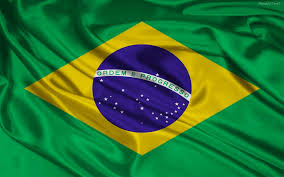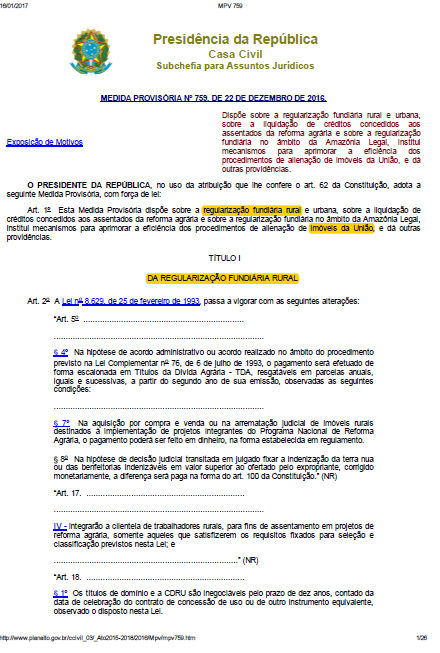Location
Following more than three centuries under Portuguese rule, Brazil gained its independence in 1822, maintaining a monarchical system of government until the abolition of slavery in 1888 and the subsequent proclamation of a republic by the military in 1889. Brazilian coffee exporters politically dominated the country until populist leader Getulio VARGAS rose to power in 1930. By far the largest and most populous country in South America, Brazil underwent more than a half century of populist and military government until 1985, when the military regime peacefully ceded power to civilian rulers. Brazil continues to pursue industrial and agricultural growth and development of its interior. Having successfully weathered a period of global financial difficulty in the late 20th century, Brazil was seen as one of the world’s strongest emerging markets and a contributor to global growth. The awarding of the 2014 FIFA World Cup and 2016 Summer Olympic Games, the first ever to be held in South America, was seen as symbolic of the country’s rise. However, since about 2013, Brazil has been plagued by a shrinking economy, growing unemployment, and rising inflation. Political scandal resulted in the impeachment of President Dilma ROUSSEFF in May 2016, a conviction that was upheld by the Senate in August 2016; her vice president, Michel TEMER, will serve as president until 2018, completing her second term.
Brazil is a federal presidential republic.
Source: CIA World Factbook
Members:
Resources
Displaying 1 - 5 of 180Lei No. 601 de 18 de Setembro 1850 (Lei de Terras)
Lei No. 601 de 18 de Setembro 1850 Dispõe sobre as terras devolutas do império
MEDIDA PROVISÓRIA Nº 759, DE 22 DE DEZEMBRO DE 2016.
Dispõe sobre a regularização fundiária rural e urbana, sobre a liquidação de créditos concedidos aos assentados da reforma agrária e sobre a regularização fundiária no ¢mbito da Amazônia Legal, instituí mecanismos para aprimorar a eficiência dos procedimentos de alienação de imóveis da União, e dá outras providências. O PRESIDENTE DA REPÚBLICA, no uso da atribuição que lhe confere o art. 62 da Constituição, adota a seguinte Medida Provisória, com força de lei: Art.
Decree No. 9.066 regulating Law 8.629 on the settlement credits within the agrarian reform programme.
This Decree, consisting of 14 articles, regulates item V of the caput of art. 17 of Law 8,629 of 25 February 1993, providing for the settlement credits within the agrarian reform programme. It is incumbent upon the National Institute of Colonization and Agrarian Reform - INCRA to grant the concession of the settlement credits provided for in this Decree. The concession of the settlement credits will be issued by a federal financial institution contracted by INCRA for this purpose, with no bidding.
Decree No. 37.966 approving the Table of Classification of Urban and Rural Land Uses and Activities of the Distrito Federal.
This Decree, consisting of 7 articles and six Annexes, approves the Table of Classification of the Urban and Rural Land Uses and Activities of the Distrito Federal. In the Classification of Urban and Rural Uses and Activities of the Federal District, the activities are framed in the following uses: I - Urban: (A) residential as set out in Annex I; (B) as set out in Annex II; (C) industrial, as set out in Annex III; (D) institutional, as set out in Annex IV; (E) provision of services as set out in Annex V; II - Rural, as set out in Annex VI.




